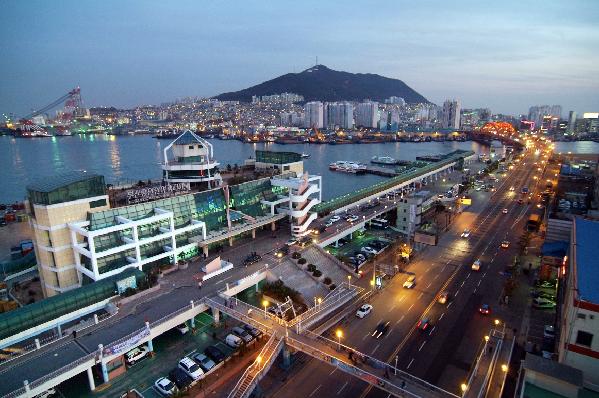 Seaports in South Korea reported a decline in cargo volume processed in January compared to a year earlier, mainly due to a drop in exports and imports, but container throughput inched up a bit, the government said.
Seaports in South Korea reported a decline in cargo volume processed in January compared to a year earlier, mainly due to a drop in exports and imports, but container throughput inched up a bit, the government said.
The country’s maritime hubs handled a combined 124.688 million tons of cargo last month, down 0.1% from the same month last year, according to the Ministry of Oceans and Fisheries.
Export and import cargoes, which accounted for 82.4% of the total volume, contracted by 3.1% year-on-year to 102.753 million tons, while domestic cargo spiked 17.1% to 21.935 million tons.
Compared to the December traffic, total cargo handled by seaports in January was down 1.1%.
The ministry also said containers handled by local ports stood at 2.12 million twenty-foot equivalent units (TEUs) last month, down slightly from 2.13 million TEUs a year earlier, reported Yonhap News Agency.
While total numbers dipped, export-import container traffic edged up 1% to 1.21 million TEUs. The gain, however, was offset by a 2% contraction in transshipment cargo that stood at 876,000 TEUs in the first month of this year.
By port, container cargo processed at the country’s largest seaport of Busan, 453 kilometers southeast of Seoul, fell 1.6% in January compared to the year before. Cargo handled by other major ports like Gwangyang also went down in comparison to year-ago levels.
Busan, meanwhile, ranked No. 6 among the world’s busiest container ports in freight handled in January, lifting 1.593 million TEUs. It followed behind Hong Kong in fifth place. Shanghai remained at the top of the list, followed by Singapore, Shenzhen, and Ningbo-Zhoushan, the ministry’s data showed.
Photo courtesy of Busan Port Authority





